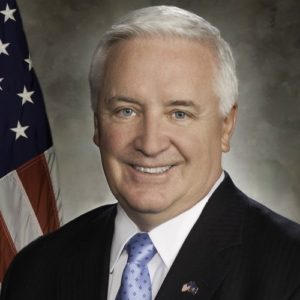Millions to Fall Into Coverage Gap
More than five million adult Americans will fall into the Affordable Care Act’s Supreme Court-created coverage gap in states that have chosen not to expand their Medicaid programs.
In those 26 states, adults whom the reform law intended to be covered by Medicaid will still earn too much money to qualify for Medicaid yet also will fall below the income level needed to qualify for Affordable Care Act health insurance subsidies.
This gap was created when the Supreme Court made the reform law-mandated Medicaid expansion optional for individual states, and so far, 26 states have chosen not to expand their Medicaid programs. The result, according to a new issue brief from the Kaiser Commission on Medicaid and the Uninsured, is that 5.2 million low-income adults whom the law intended to enroll in Medicaid will remain uninsured.
![]() More than 280,000 of these people reside in Pennsylvania, which has not yet expanded its Medicaid program. Many will continue to be served by the state’s private safety-net hospitals, which will not be paid for the care they provide.
More than 280,000 of these people reside in Pennsylvania, which has not yet expanded its Medicaid program. Many will continue to be served by the state’s private safety-net hospitals, which will not be paid for the care they provide.
To learn more about these people and why they will remain uninsured, read the study “The Coverage Gap: Uninsured Poor Adults in States That Do Not Expand Medicaid.” Find the study here, on the web site of the Kaiser Family Foundation.







